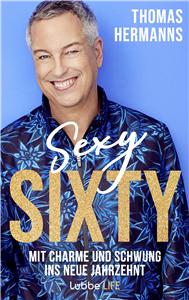Women's leisure in England 1920–60
by Claire Langhame
This insightful book offers a timely assessment of the complex relationship between women and leisure in England, drawing upon recent feminist theory. Departing from approaches which focus on particular activities or institutions, it places everyday experiences at its centre, presenting a wide-ranging and lively account of changing perceptions, representations and experiences of leisure across the period 1920-60. It addresses the nature of leisure within women's lives, examining shifting understandings of the concept and identifying areas of definitional ambiguity such as the 'family' holiday, shopping and handicrafts. Focusing upon experiences of leisure across the life cycle, it provides a detailed assessment of the particular forms of leisure enjoyed by women at distinct stages of their lives, including cinema-going, dancing, socialising and home-based pursuits. The book demonstrates that experiences and perceptions of leisure were fundamentally structured along life cycle lines: leisure in youth was often characterised by freedom and independence whilst leisure in adulthood became a vehicle for service and duty to others.

































